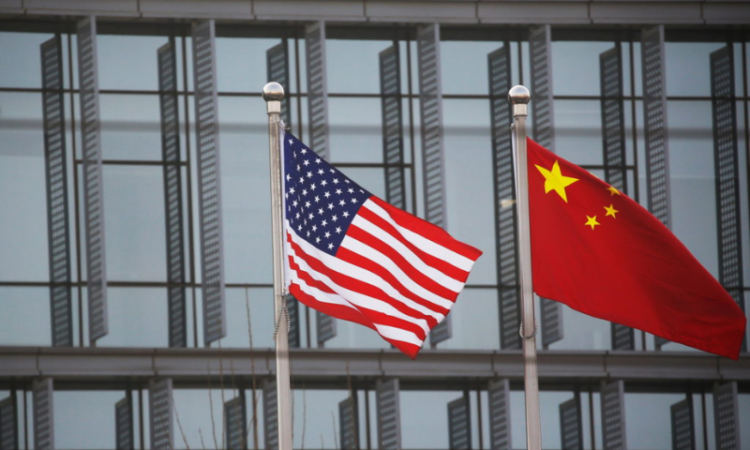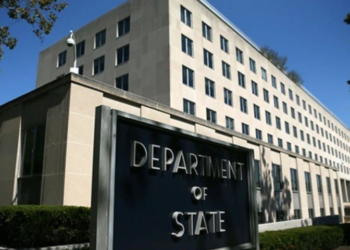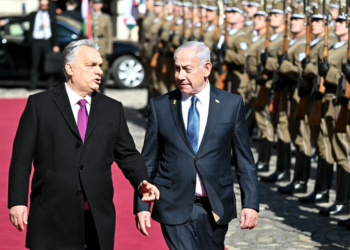Beijing, January 2, 2025: China announced punitive trade measures on Thursday targeting dozens of U.S. companies, including defense giants Raytheon, Boeing, and Lockheed Martin. The move comes amidst escalating economic tensions as President-elect Donald J. Trump prepares to take office, promising tougher tariffs and sanctions on China.
The Chinese Ministry of Commerce added 28 companies to an export control list, citing the need to “safeguard national security and interests.” The restrictions include bans on exporting dual-use items—products with both civilian and military applications—to these entities. Additionally, 10 companies were placed on China’s “unreliable entities list” due to their involvement in arms sales to Taiwan. Firms on this list are barred from conducting business in China, and their executives are prohibited from entering or residing in the country.
While many of the targeted companies have minimal direct operations in China, analysts suggest the move reflects an expansion in the scale and scope of Beijing’s retaliatory actions.
“Most of this is probably symbolic, as many of these entities were already subject to sanctions,” said Andrew Gilholm, a China expert at Control Risks. “What we’re seeing is a broader and more aggressive approach with more entities added in one sweep.”
The affected companies, including Raytheon Missile Systems, Boeing Defense, Space and Security, and Lockheed Martin Missiles and Fire Control, have yet to respond to the measures.
Michael Hart, president of the American Chamber of Commerce in China, noted that Beijing has generally avoided actions that directly harm companies contributing to China’s economy.
“Typically, China’s actions have been calculated to minimize economic fallout within its borders,” Hart said.
This announcement is part of a broader strategy by Beijing to push back against U.S. trade restrictions and sanctions. In recent months, China has investigated American chipmaker Nvidia, banned the export of critical rare minerals to the U.S and targeted supply chain vulnerabilities of specific American firms.
These moves escalate an economic tit-for-tat that began during Trump’s first presidency, when tariffs and trade restrictions were first imposed on China. While China initially responded with symbolic gestures, recent actions indicate a shift toward more assertive measures.
The Biden administration also expanded restrictions on Chinese companies, banning dual-use products and blacklisting 140 firms. This has prompted Beijing to adopt similar tactics, including creating its own blacklists and sanctions mechanisms.
As Beijing gears up for Trump’s second term, experts warn of increasing friction.
“The pace of these actions is accelerating,” said Gilholm. “The drumbeat of economic retaliation is becoming more frequent.”
With both superpowers doubling down on trade restrictions, the economic standoff is expected to intensify, impacting global markets and supply chains.








